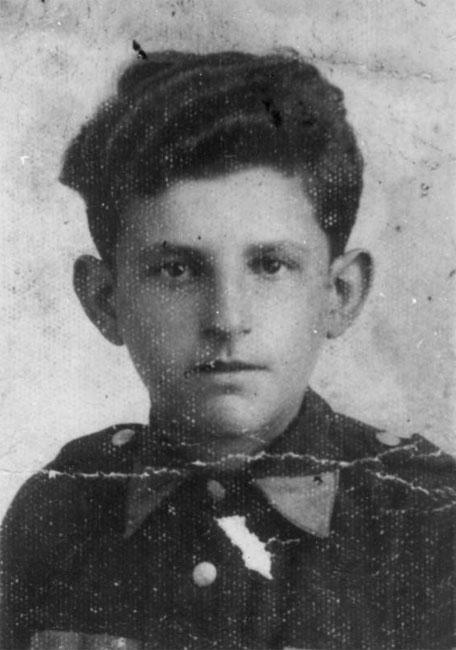

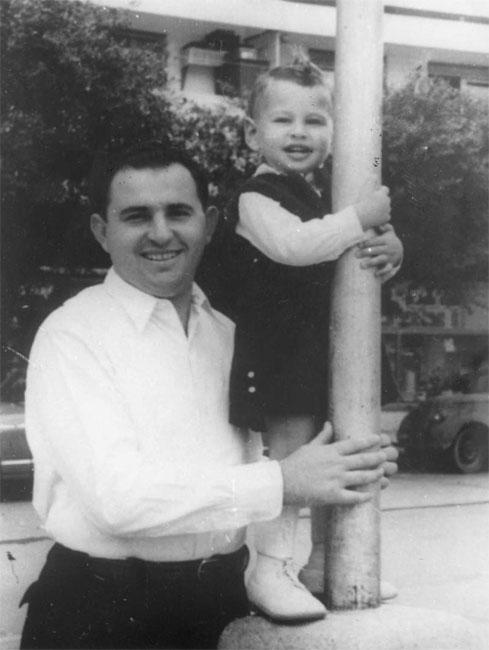

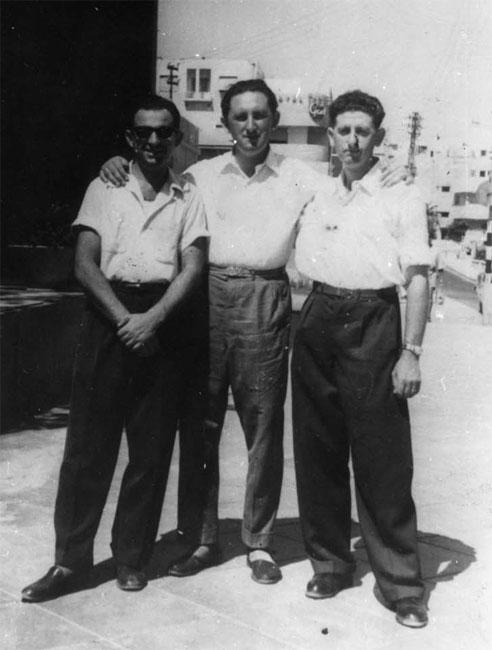

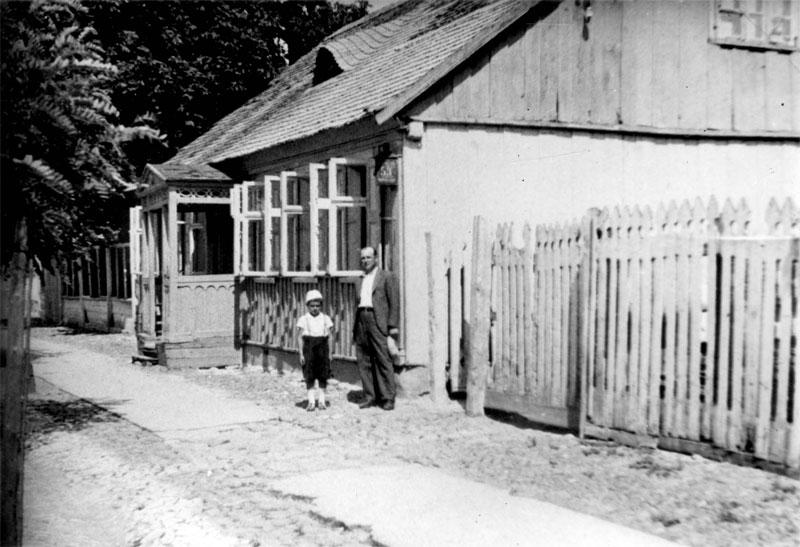

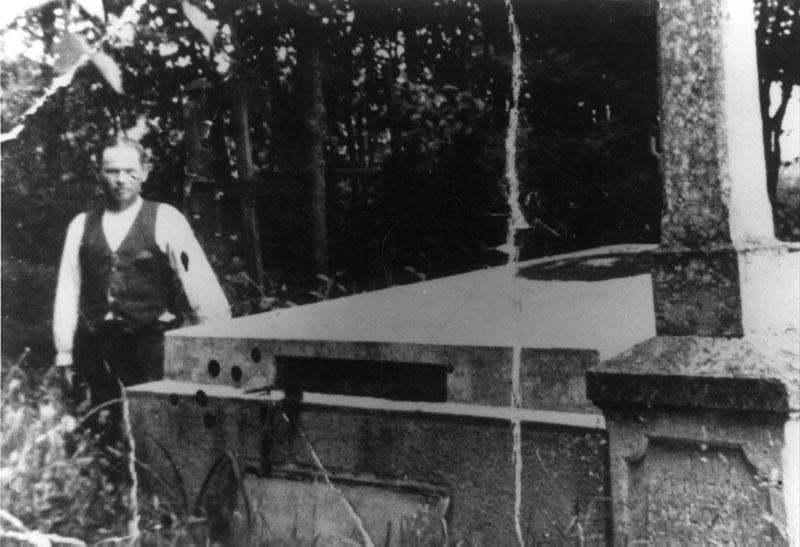

Sunday to Thursday: 09:00-17:00
Fridays and Holiday eves: 09:00-14:00
Yad Vashem is closed on Saturdays and all Jewish Holidays.
Entrance to the Holocaust History Museum is not permitted for children under the age of 10. Babies in strollers or carriers will not be permitted to enter.










As youngsters before the war, Yechiel Rozen and his brothers, Shmuel and Henry, used to play football in a playing field adjoining a Polish cemetery, in the town of Buczacz, in the Tarnopol district. In the course of time, a friendship developed between the Rozen boys and Manko Swierszczak, a gravedigger and custodian of the cemetery, whose friendly nature soon endeared him to the boys. In June 1943, when the last of the Jews were deported from Buczacz, the Rozen brothers and their mother fled and made their way to the cemetery, where they knocked on Swierszczak’s door. Manko Swierszczak, with his wife Maryna’s approval, led the four Rozens to the cemetery where, together, they dug a bunker in which they hid. Later, they were joined by four other Jews whom Swierszczak had saved, but the newcomers left shortly after and were never heard of again. After neighbors informed the Gestapo that the Swierszczaks were buying excessive quantities of food, their house was searched. Although they Germans found no trace of the refugees, Swierszczak was arrested. Despite being tortured for several days, he did not betray his charges. In the winter, when it was too cold to stay in the bunker, the Swierszczaks dug a hiding place for the Rozens under the floorboards of the funeral parlor in the cemetery. Their willingness to endanger their lives for Jewish refugees was inspired by humanitarian motives, which overrode considerations of personal safety or economic hardship. On the contrary, they considered it an honor to save the lives of the Jewish refugees who came their way. One day, German soldiers retreating from the Red Army entered the funeral parlor. The floor collapsed under their weight and the soldiers fell through the floorboards on to the Jewish refugees. The boys’ mother was shot on the spot, but the three brothers managed to escape. After their narrow escape, the three brothers stayed with Michal and Genowefa Dukiewicz, a peasant couple they knew, who lived in a nearby village, until the area was liberated by the Red Army in March 1944. After the war, the survivors immigrated to Israel while their rescuers moved to an area within the new Polish borders.
On July 7, 1983, Yad Vashem recognized Maryna and Manko Swierszczak and Genowefa and Michal Dukiewicz as Righteous Among the Nations.

Thank you for registering to receive information from Yad Vashem.
You will receive periodic updates regarding recent events, publications and new initiatives.

"The work of Yad Vashem is critical and necessary to remind the world of the consequences of hate"
Paul Daly
#GivingTuesday
Donate to Educate Against Hate


Worldwide antisemitism is on the rise.
At Yad Vashem, we strive to make the world a better place by combating antisemitism through teacher training, international lectures and workshops and online courses.
We need you to partner with us in this vital mission to #EducateAgainstHate
The good news:
The Yad Vashem website had recently undergone a major upgrade!
The less good news:
The page you are looking for has apparently been moved.
We are therefore redirecting you to what we hope will be a useful landing page.
For any questions/clarifications/problems, please contact: webmaster@yadvashem.org.il
Press the X button to continue



